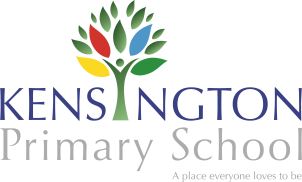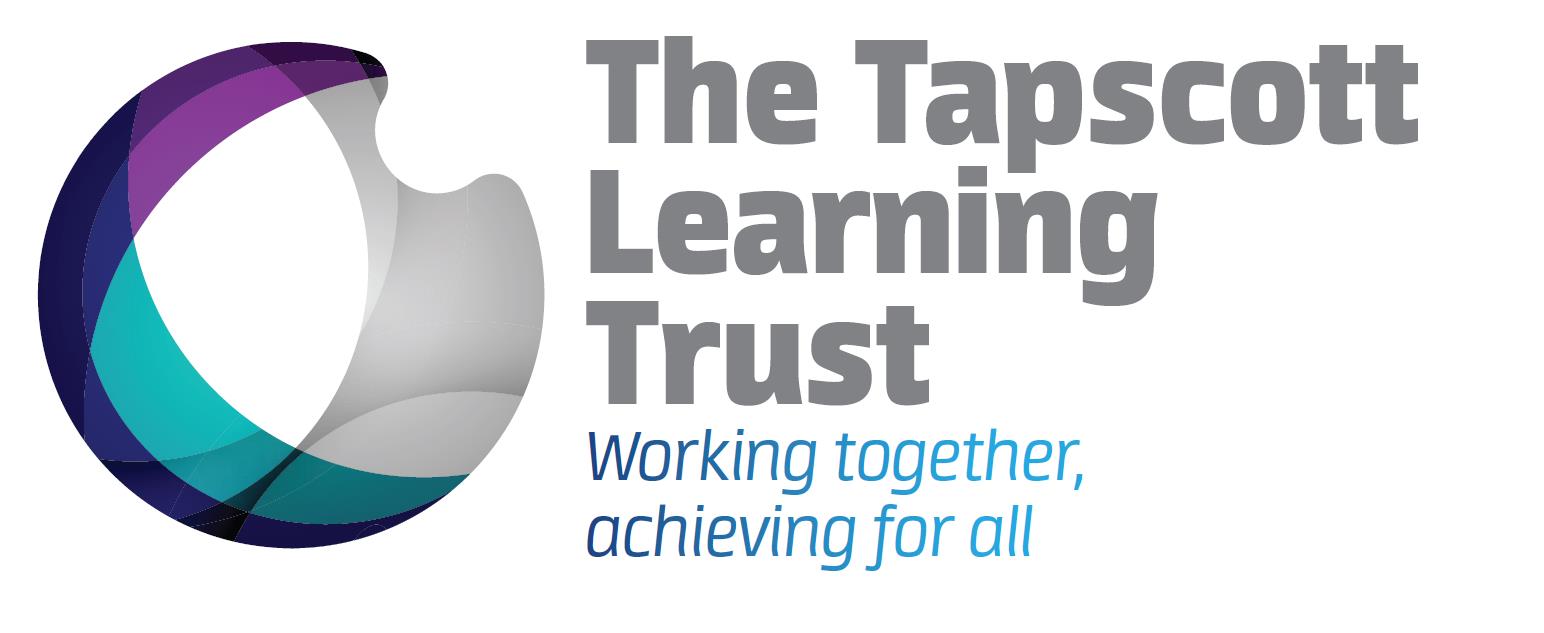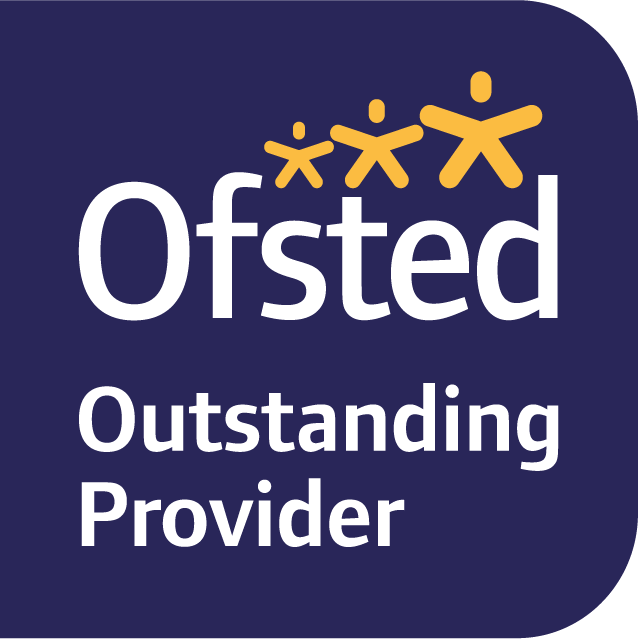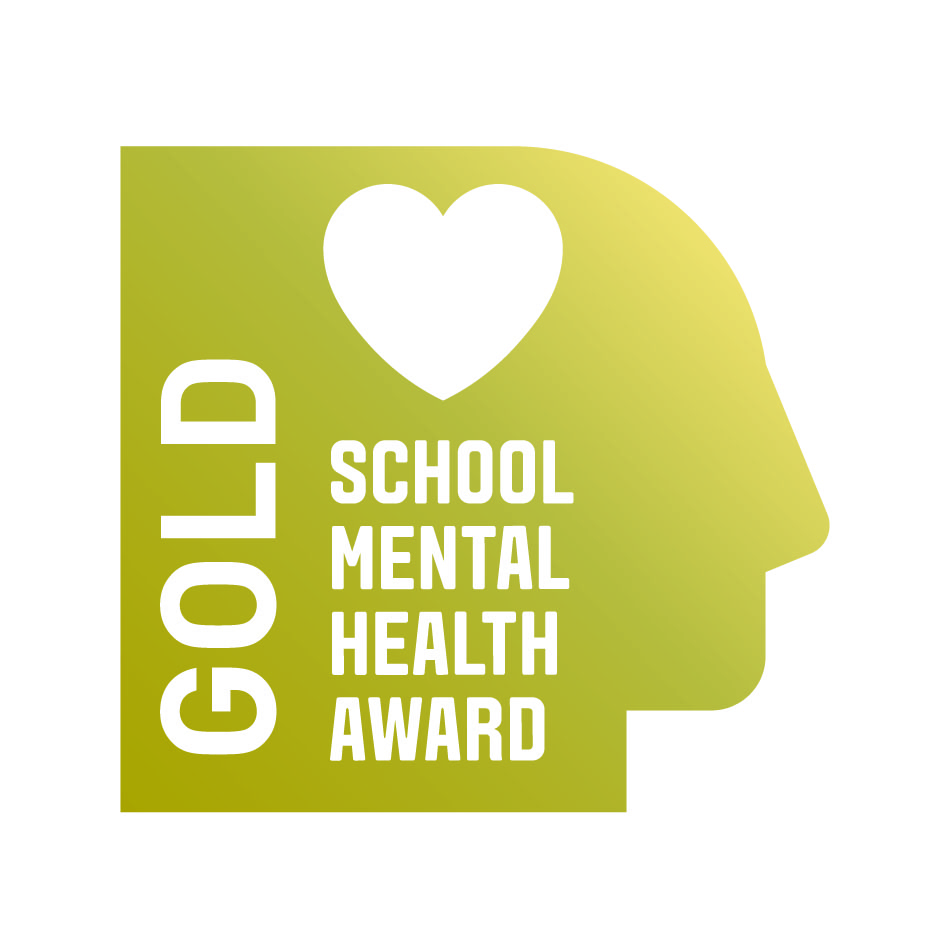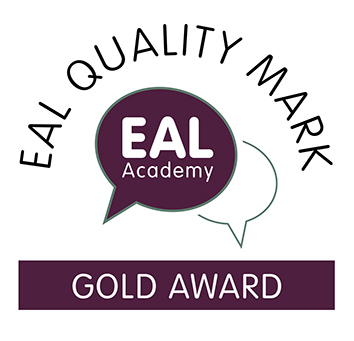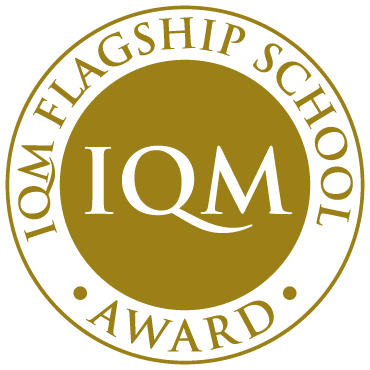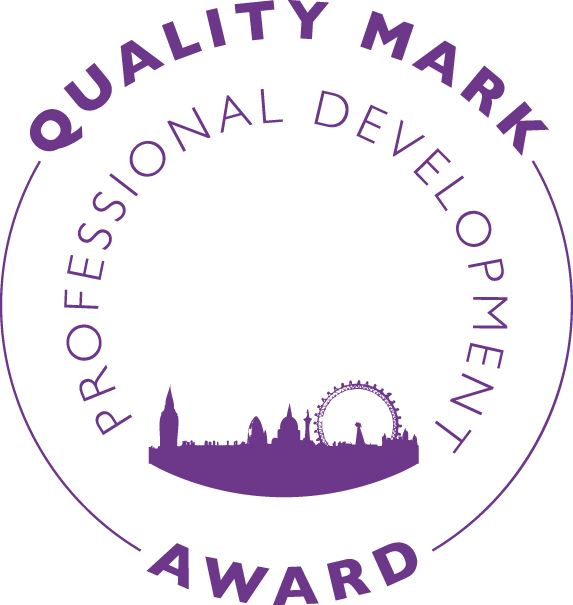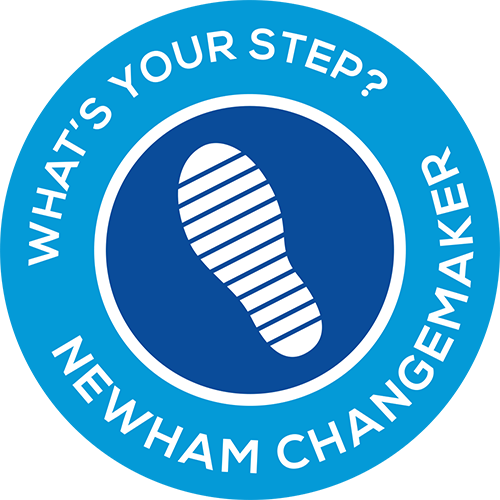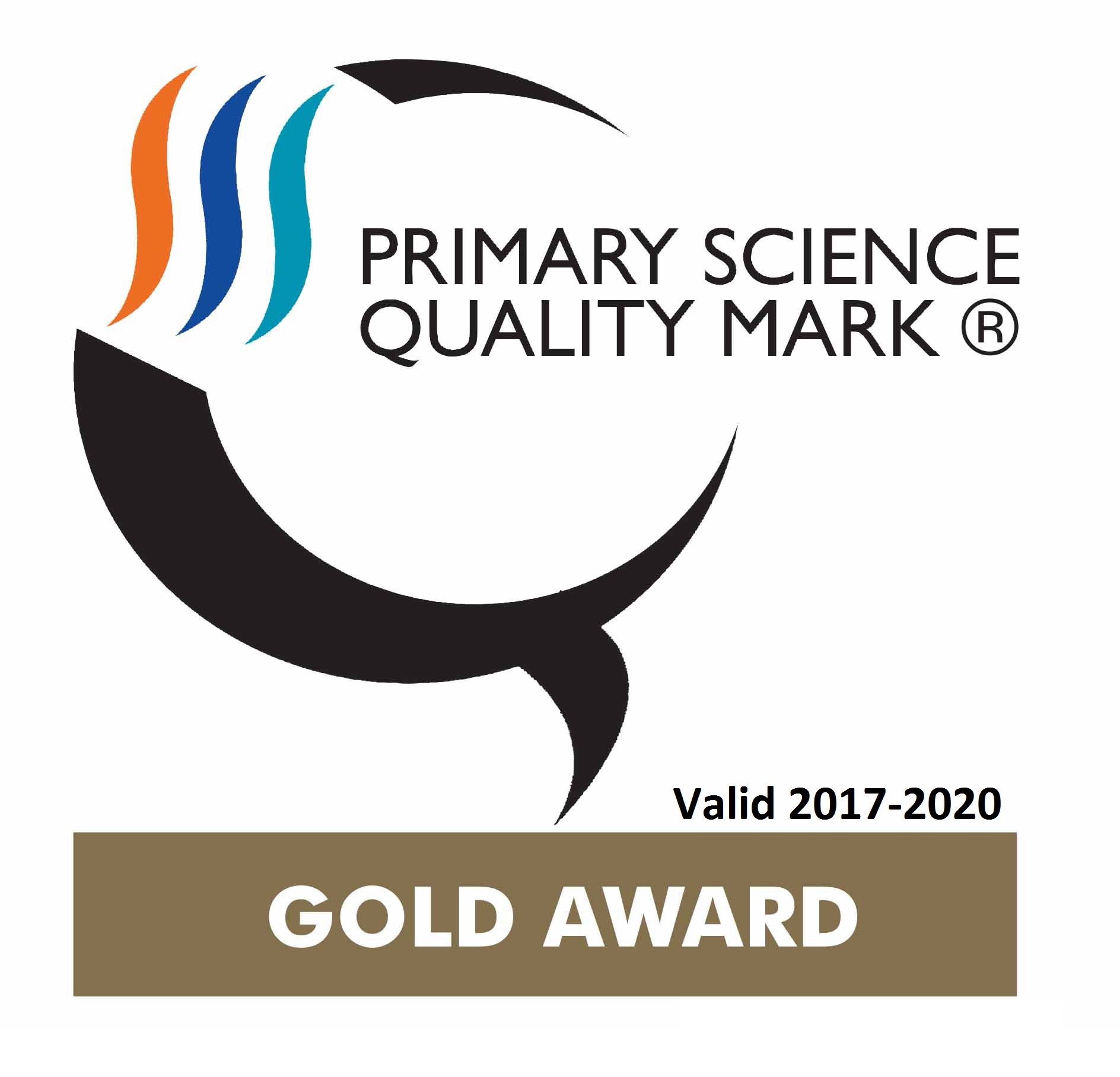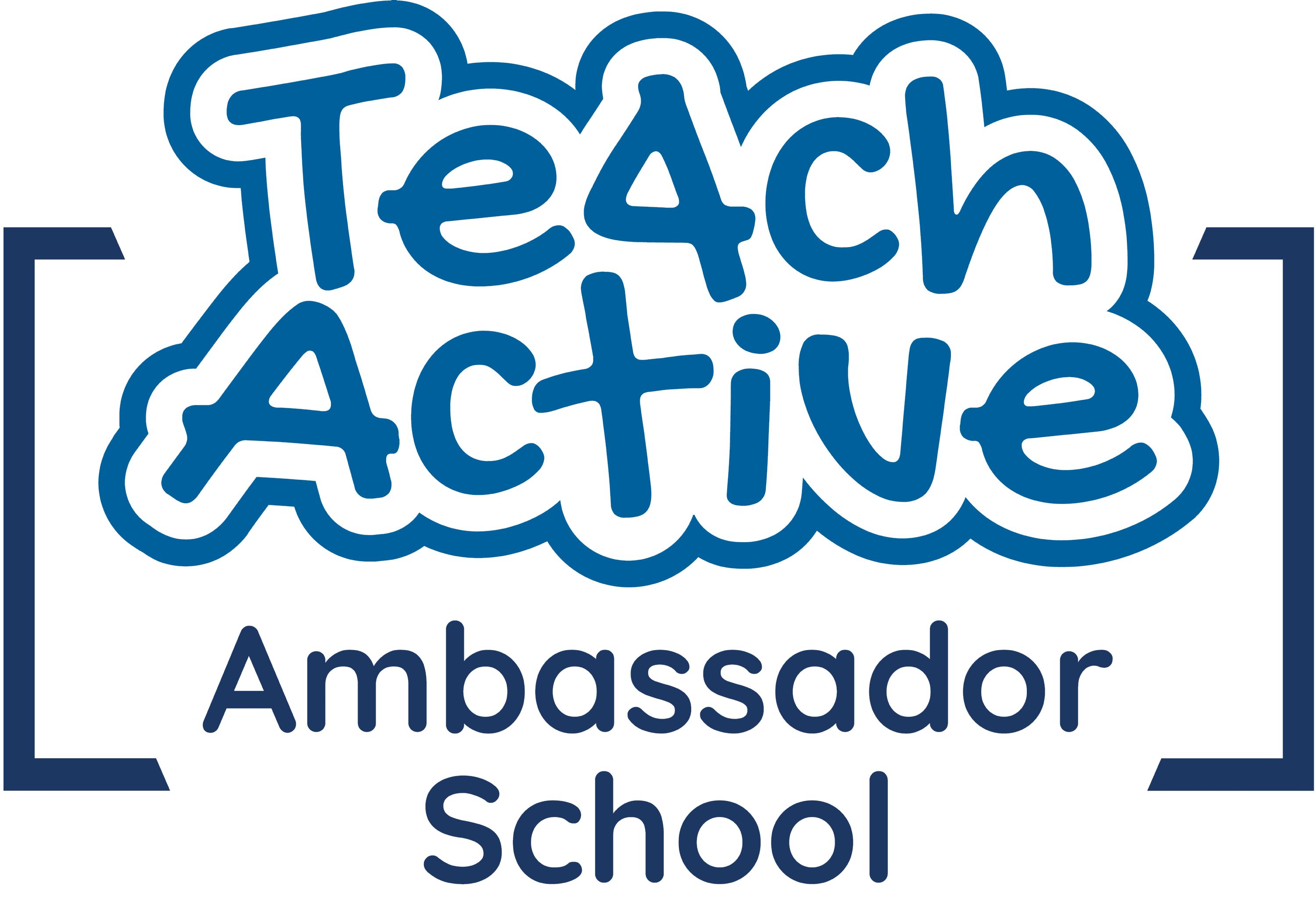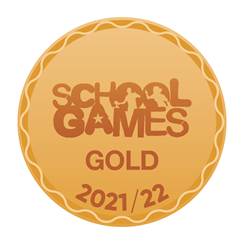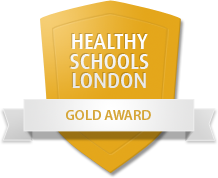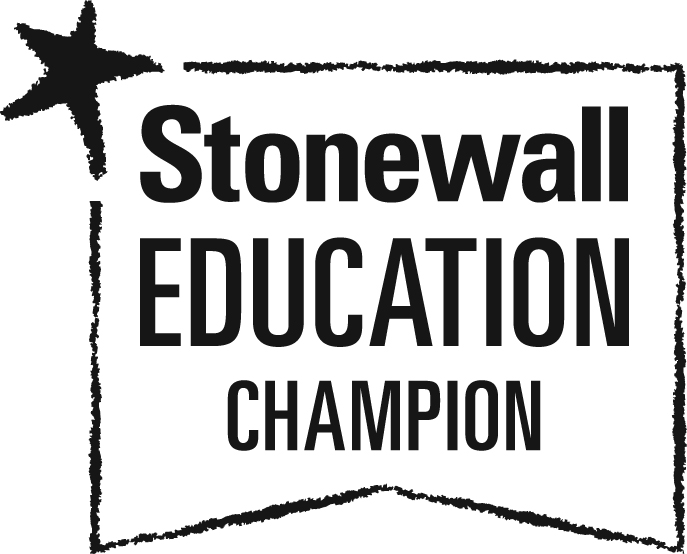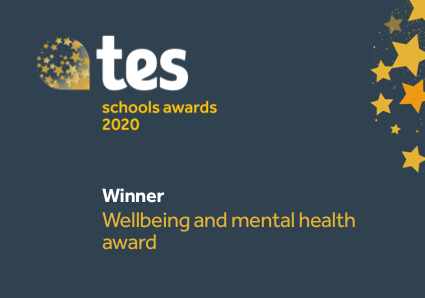Assessment
Assessment
At Kensington, we have a comprehensive assessment system centred around formative assessment (AFL). This approach allows us to gain a clear understanding of what each child has learned and to identify the next steps they need to take in their educational journey. By gathering and analysing this information, we can accurately pinpoint each child’s current level of understanding and progress in their learning, ensuring that our support is adapted to meet their individual needs.
For children - Our goal is to nurture curious and driven children who possess a strong desire to learn. We aim to guide them in recognising specific areas where they can focus their efforts to achieve growth and improvement. By doing so, we help them cultivate a lifelong love for learning and the skills necessary to pursue their ambitions.
For teachers- Assessment for Learning (AfL) acts as a vital tool in our journey as reflective practitioners. It enables us to gain a clear understanding of each child's current knowledge and skills, allowing us to pinpoint what they need to learn in order to progress. This approach facilitates a continuous evaluation of our teaching methods, helping us to recognise what strategies are effective and which ones may require adjustment. This reflective practice not only enhances student learning but also contributes to our professional growth as teachers.
At Kensington, teachers meet in teams regularly to engage in a Curriculum Assessment discussion. During these meetings, teachers reflect on the lessons they have taught and evaluate the learning that is taking place. This crucial dialogue helps identify which learning requires revisiting and which new learning should be introduced, which is then sent to parents on Theme Maps every half-term. This structured approach not only enhances the quality of teaching and learning but also ensures that every child receives a cohesive and well-rounded educational experience.
For parents: information designed to give you an understanding of your child's unique strengths and potential areas for growth. This aims to highlight their skills while also identifying opportunities for enhancement in their development. At our school, we emphasise open communication with parents. We organise Parents' Evenings, which provide a valuable opportunity for you to engage with teachers and gain insight into your child's progress. Additionally, we encourage regular interactions in the playground, where informal conversations can lead to meaningful discussions about your child’s learning journey. We also plan ‘learn with your child’ sessions throughout the year. Should you have any specific concerns or topics related to your child’s education that you would like to explore further, please do not hesitate to reach out to the class teacher. We are more than happy to arrange a meeting at a time that suits you best.
